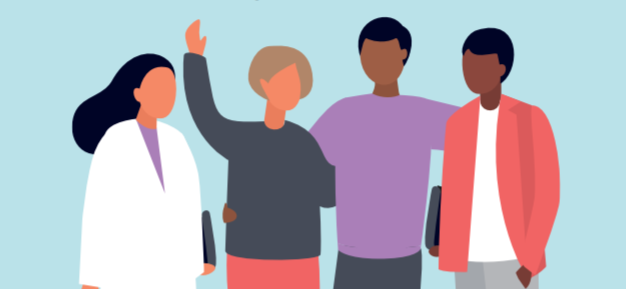The importance of summertime ABA Therapy
April 22, 2022

Across the country, the number of children diagnosed as having autism has increased substantially and summertime may offer increased home-based learning opportunities due to increased availability. Many of these children need to acquire essential skills necessary for a successful school transition in September and others are at risk of skills regression, where they lose previously acquired skills due to a break in instruction. Many of the instructional practices used to teach children with autism are similar techniques applied by teachers to their typically developing peers. For example, breaking down learning tasks into small units, providing encouragement for success towards a goal, creating a fun learning environment, and using a clearly defined learning goal to drive individualized instruction.
Most children affected by autism have deficits in three domains: communication, socialization, and behavioral. These children have existing instructional programs that target skills acquisition related to these domains. These instructional programs are delivered one-to-one (therapist to student) and completed in the child’s home. Teaching professionals receive specialized training in the principles of applied behavior analysis (ABA). Most teachers may already possess many of these ABA-based instructional skills, but can receive additional training on how to prompt, model, and deliver positive reinforcement. In this role as therapist, a teacher works collaboratively with a Board-Certified Behavior Analyst (BCBA) to address learning difficulties specific to children affected by autism.
The individualized ABA-based instruction is an evidence-based method to teach children with autism. Parents are encouraged to participate in sessions, so teaching occurs outside the presence of the instructor as well. The number of services ranges between 12 to 30 hours per week. Finally, sessions should be fun! Butterfly Effects attempts to teach essential skills in a naturalistic manner, where we teach through play during a child’s daily routines.





